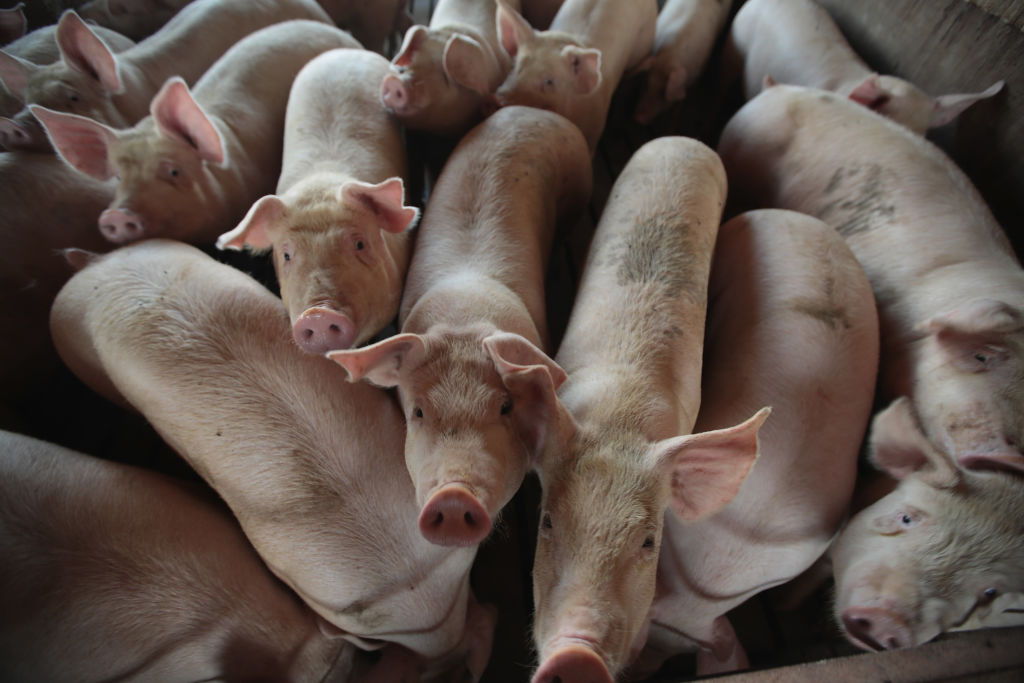As federal and state legislators express increasing concern about Chinese ownership of American companies and land, one American company acquired a decade ago by a Chinese firm tried to push back this week.
Shane Smith, CEO of Smithfield Foods Inc., told The Wall Street Journal in an interview published Tuesday of dealing with Chinese owners, “It’s been a really successful relationship.”
Chinese pork company WH Group Ltd. bought Smithfield, America’s largest producer of pork products, in 2013 for $4.7 billion.
Some lawmakers say that Chinese ownership of U.S. companies and real estate not only endanger the nation’s food supply, but also may provide access for China to spy on the U.S.
Smith, who has been CEO for two years, disputed those claims, praising WH Group for helping Smithfield increase production and sales as well as for hiring more U.S. workers.
“We’ve been able to collaborate on things like introducing an American-style bacon into China,” he told the Journal.
The company is looking to expand into other meat products at some unspecified time in the future, Smith said.
Smithfield, founded in 1936, already slaughters about 30 million pigs annually and distributes the results under its own name as well as the Armour, Farmland and Nathan’s Famous brands.
The purchase of the company by Chinese WH Group set off alarm bells in Washington 10 years ago, according to the Journal, but the deal was allowed to go through.
Now, however, with America’s relationship with China on a decidedly downward slope, similar concerns have resurfaced — with a vengeance.
“U.S. national-security officials have pointed to technology and equipment made in China or owned by Chinese companies that they warn could be used to carry out espionage, including Chinese-made cranes in U.S. ports,” the Journal reported. “Espionage concerns deepened last month after a suspected Chinese spy balloon was identified in U.S. airspace and shot down.”
China has since come to own about 350,000 acres of U.S. farmland — a total area amounting to a little larger than a third of the state of Rhode Island. About half of that amount consists of Smithfield-owner property, according to federal data cited by the Journal.
Some legislators have begun calling for prohibiting further sales of agricultural land to Chinese-owned companies.
“From purchasing fields and pastures to gobbling up companies like Smithfield, Chinese influence in American agriculture means that China’s needs, not America’s, come first,” Arkansas Sen. Tom Cotton told the Journal in an emailed statement.
Smith said that since becoming CEO, he’s had to spend a lot of time meeting with D.C. officials about the issue.
“It’s a different environment than it was in 2013,” he said.
That difference, however, has nothing to do with Smithfield Foods, he claimed.
“We’re as American today as we were in 2013,” he told the Journal. “When you meet with politicians and have those discussions, they seem to understand that.”
This article appeared originally on The Western Journal.

























 Continue with Google
Continue with Google